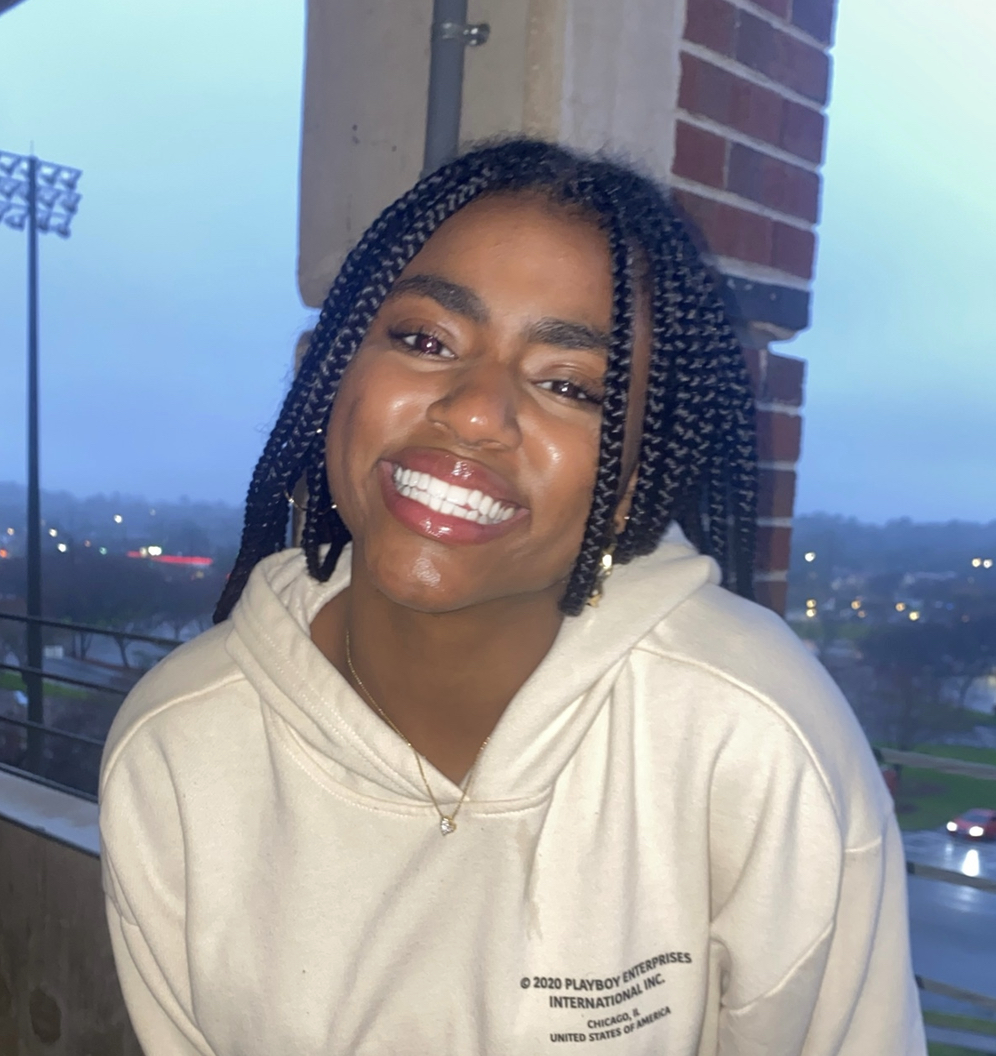Research Symposium
22nd annual Undergraduate Research Symposium
Coralie Lans Poster Session 5: 1:30 - 2:15/Poster #50

BIO
I am a second year student here at Florida State University. I'm from Fort Lauderdale, Florida and I am currently a Biochemistry major on a Pre-med track. I aspire to do research in both fields related and unrelated to my major in order to have a more well rounded education. I plan to become a Dermatologist one day and to have my own practice where I can continue to pursue research.
See it Through My Eyes: The comparison of teacher and student perspect
Authors: Coralie Lans, Jennifer SchellingerStudent Major: Biochemistry
Mentor: Jennifer Schellinger
Mentor's Department: Science Education Mentor's College: College of Education Co-Presenters: Fatima Verona, Cristina Murdock, Alexander Blanco
Abstract
The purpose of the Learning through Collaborative Design Professional Development (LCDPD) project is to support science teachers in meeting reform visions for science education (NGSS, 2013; NRC, 2012). One aspect of this vision is to engage students in productive science talk, talk that positions students to sensemake about scientific phenomenon and develop understandings of scientific concepts and practices. This study takes a deeper look into Mr. Jerry’s middle school biology class to better understand how Mr. Jerry and his students interpreted four focal lessons designed to engage them in productive talk. Through thematic coding, the first four authors identified aspects of students’ interpretations and feelings around these lessons and compared them with Mr. Jerry’s perspective of the same lessons. Through this analysis, we found Mr. Jerry and his students to have similar accounts of the importance of talk in the classroom, and that one lesson, the skin cancer lesson, was particularly impactful on students’ ideas about how science is done. Additionally, we found that Mr. Jerry and his students differed on how they saw the teacher role in talk, as Mr. Jerry saw himself as a facilitator and his students saw him in an authoritative “knowledge giver” role. These initial findings suggest the need for research to look deeper at the framing of the lesson and the role students’ perception plays in the larger ideas of “doing science” when engaging in talk.
Keywords: LCDPD Productive Talk

